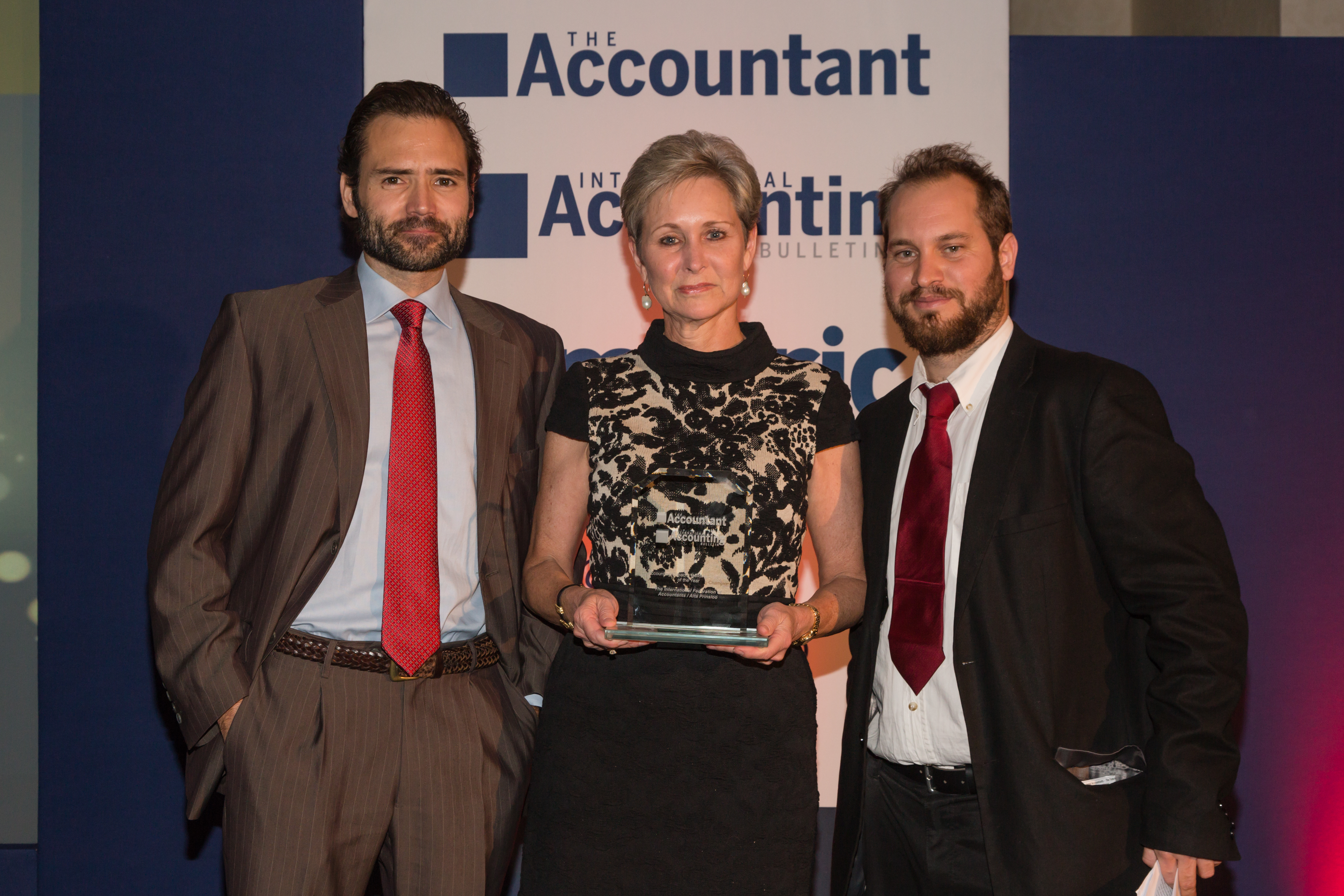Are you seeking an exceptional opportunity that combines your understanding of the public interest role of accountancy with your desire to make a difference on a global stage? The high-quality international standards that underpin the global accountancy profession are developed by the independent standard-setting boards, for which today’s Call for Nominations for 2018 is released.
The Call sets out the upcoming opportunities for membership on the International Auditing and Assurance Standards Board (IAASB), International Accounting Education Standards Board (IAESB), International Ethics Standards Board for Accountants (IESBA), and International Public Sector Accounting Standards Board (IPSASB).
For 2018, there are 26 vacancies on the independent standard-setting boards—7 each on the IAASB, IESBA, and IAESB, and 5 on the IPSASB. The current member can be re-nominated for 17 of these vacancies and, if considered appropriate, re-appointed for a second term of service.
These volunteer vacancies on the boards are open for nominations by all stakeholders, including professional accountancy and international organizations, governmental agencies, firms, and the public. Nominations of non-accountants for the public member vacancies are strongly encouraged. Travel support is available to qualified candidates from developing nations, self-nominees, and public members.
Candidates should have knowledge of the subject matters considered by a particular board, as well as English proficiency. Each board meets up to four times per year and the required time commitment is approximately 300 to 850 hours per year, depending on the board and task force involvement, including preparation and travel time. Although each candidate will ultimately be selected based on experience, nominations of highly qualified candidates from Africa, Asia, the Middle East, and Latin America are strongly encouraged. Nominations of female candidates for all boards and from all regions are particularly welcome. For more information on openings and geographic targets of a particular board, please see the Vacancy Overview table on p. 9-12 of the Call.
Nominations can be submitted through the Nominations Database. All nominations need to be submitted before January 31, 2017.
To provide nominating organizations and nominees with some insights on the nominations process and the value of serving on the standard-setting boards, the following documents are available on the Nominating Committee web page: Developing a Nominations Strategy and Giving Back to the Profession: The Value of Serving.
The Nominating Committee follows an open and transparent process with public interest oversight to select the most suitable candidates for the available positions, while also aiming to achieve gender, regional, and professional balance. For more information about the Nominating Committee, its due process, or guidance in selecting the best candidate, please visit the Nominating Committee web page.
About the IAASB
The IAASB is an independent standard-setting board that develops auditing and assurance standards and guidance for use by all professional accountants under a shared standard-setting process involving the Public Interest Oversight Board, which oversees the activities of the IAASB, and the IAASB Consultative Advisory Group, which provides public interest input into the development of the standards and guidance. The structures and processes that support the operations of the IAASB are facilitated by the International Federation of Accountants (IFAC).
About the IAESB
The IAESB is an independent standard-setting board that develops education standards, guidance, and information papers for use by IFAC member organizations under a shared standard-setting process involving the Public Interest Oversight Board, which oversees the activities of the IAESB, and the IAESB Consultative Advisory Group, which provides public interest input into the development of the standards and guidance. The structures and processes that support the operations of the IAESB are facilitated by IFAC.
About the IESBA
The IESBA is an independent standard-setting board that develops ethical standards and other pronouncements for professional accountants worldwide under a shared standard-setting process involving the Public Interest Oversight Board, which oversees the activities of the IESBA, and the IESBA Consultative Advisory Group, which provides public interest input into the development of the standards and guidance.. Through its activities, the IESBA develops the Code of Ethics for Professional Accountants, which establishes ethical requirements for professional accountants. The structures and processes that support the operations of the IESBA are facilitated by IFAC.
About the IPSASB
The IPSASB is an independent standard-setting board that develops accounting standards and guidance for use by public sector entities. It receives support (both direct financial and in-kind) from the Government Accounting Standards Board, the Asian Development Bank, the Chartered Professional Accountants of Canada, the South African Accounting Standards Board, the New Zealand External Reporting Board, and the governments of Canada, New Zealand, and Switzerland. The IPSASB receives advice from the Public Interest Committee, which promotes the public interest in the IPSASB’s standard-setting activities, and advice from the IPSASB Consultative Advisory Group, which provides public interest input into the development of the standards and guidance. The structures and processes that support the operations of the IPSASB are facilitated by IFAC.
About the PIOB
The Public Interest Oversight Board (PIOB) is the global independent oversight body that seeks to improve the quality and public interest focus of the international standards formulated by the IAASB, IAESB and IESBA in the areas of audit and assurance, education, and ethics. Through its oversight activities, the PIOB works to bring greater transparency and integrity to the audit profession, thereby contributing to the enhanced quality of international financial reporting.
About the PIC
The governance and standard-setting activities of the IPSASB are overseen by the Public Interest Committee (PIC), to ensure that they follow due process and reflect the public interest. The PIC is comprised of individuals with expertise in public sector or financial reporting, and professional engagement in organizations that have an interest in promoting high-quality and internationally comparable financial information.
About IFAC
IFAC is the global organization for the accountancy profession dedicated to serving the public interest by strengthening the profession and contributing to the development of strong international economies. IFAC is comprised of more than 175 members and associates in more than 130 countries and jurisdictions, representing almost 3 million accountants in public practice, education, government service, industry, and commerce.

